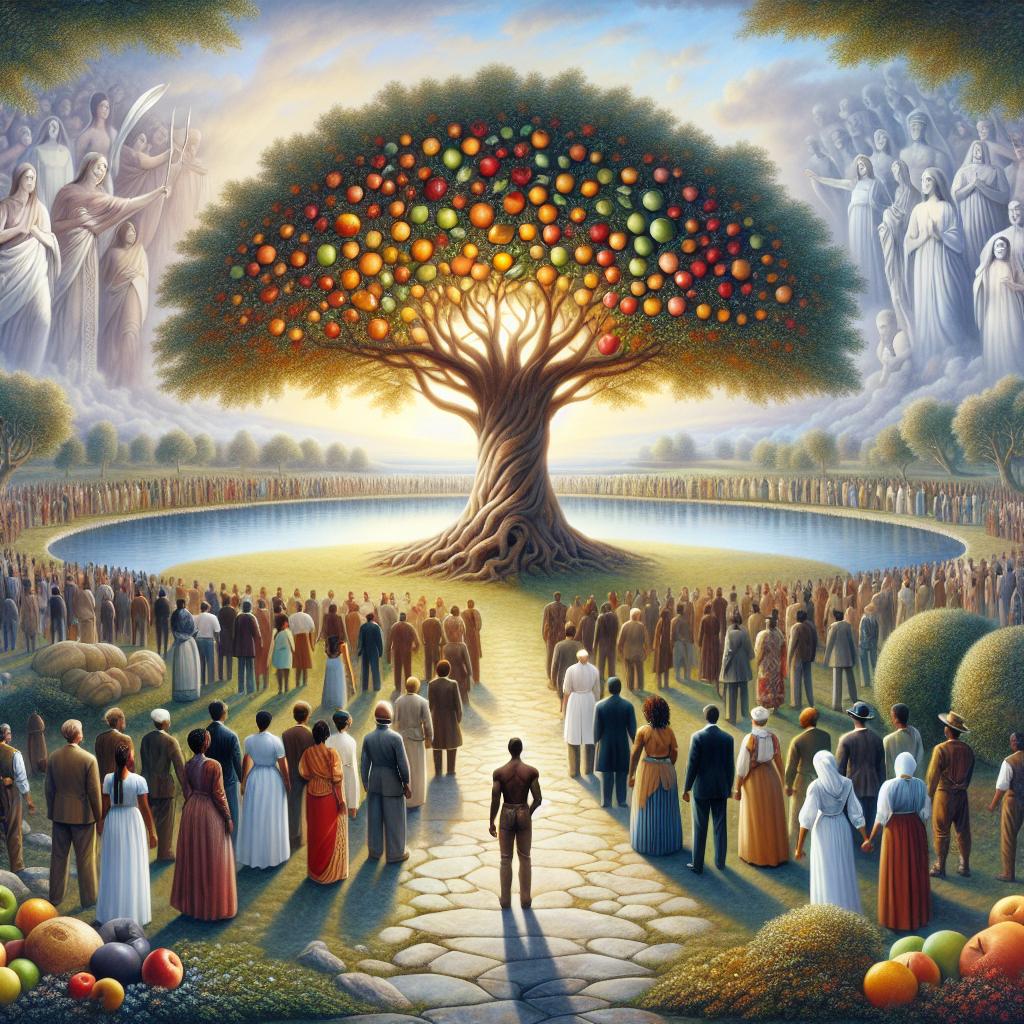
Faithful Perspectives on Darwin, Slavery, and Abolition: Unveiling Christian Truths
Published: 07 September 2024
Darwin, Slavery, and Abolition
Charles Darwin's view on slavery and its influence on his theory of evolution have been the subject of much discussion. Darwin was born into a family that vehemently opposed slavery, and he had personal experiences that shaped his perspective on the issue. However, it is important to note that while Darwin abhorred the slavery of one human being by another, he did describe slavery observed in nature as a result of natural selection.
Family Opposition to Slavery
Darwin's grandfathers, Erasmus Darwin and Josiah Wedgwood I, were both involved in anti-slavery efforts. They provided financial support and helped form an anti-slavery lobby group in support of William Wilberforce's work in parliament. This resulted in the passing of the Slave Trade Act of 1807 and the Slavery Abolition Act of 1833 in the British Empire.
Darwin's Experiences with Slavery
Darwin had three significant experiences related to slavery. During his medical studies in Edinburgh, he learned bird-stuffing techniques from a former slave named John Edmonston, whom he described as a pleasant and intelligent man. During his voyage on the HMS Beagle, Darwin witnessed the brutality of slavery firsthand in South American countries he visited.
In his observations, Darwin noted instances of extreme cruelty towards slaves. He also encountered ants that engaged in slave-making behavior, which he found intriguing and studied extensively. Darwin's observations of slavery in both human and animal contexts influenced his thinking on the subject.
The Slave-Making Instinct
In his book "Origin of Species," Darwin dedicated several pages to what he called the "slave-making instinct." He specifically mentioned two ant species that enslaved another ant species. Darwin initially doubted the truth of this instinct but later concluded that it was a result of natural selection.
Darwin suggested that the habit of collecting pupae for food could be strengthened and modified by natural selection to serve the purpose of raising slaves. He believed that as the instinct was acquired and modified over time, ants could become as dependent on their slaves as the Formica rufescens species he observed. Darwin saw this as an example of how natural selection could shape behavior in organisms.
Darwin's Theory and Slavery
While Darwin acknowledged slavery in nature as a result of natural selection, it is essential to note that he did not directly apply his theory of evolution to humans in "Origin of Species." It is also worth mentioning that Darwin's primary motivation for publishing his work was to preempt Alfred Russel Wallace, who had independently arrived at similar conclusions about natural selection.
Darwin's subsequent book, "Descent of Man," published in 1871, addressed human evolution. However, Darwin's focus in this book was not on slavery but on explaining design in nature without the need for a divine Creator. He mentioned slavery briefly, highlighting its historical prevalence and mistreatment of individuals. In the second edition of "Descent," published in 1874, Darwin softened his earlier statement on slavery, suggesting that it had once been beneficial in ancient times.
Slavery and Racism
It is important to recognize that racism did not cause New World slavery; instead, slavery exacerbated racism as people sought justifications for their practices. By asserting that all human beings descended from a common ancestor, Darwin inadvertently provided a scientific basis for those who believed in the subhumanity of certain races. Stephen Jay Gould, an evolutionist and anti-racist, admitted that evolutionary theory increased biological arguments for racism.
Christian Perspective: The Biblical View
From a Christian perspective, the Bible teaches that all human beings are created in the image of God and are descendants of one man—Adam. The Bible rejects any notion of racial superiority or inferiority. The Christian understanding affirms the inherent dignity and worth of every individual, regardless of race or ethnicity.
Understanding Darwin's views on slavery and his theory of evolution is important for Christians who seek to reconcile scientific theories with their faith. It allows us to engage in informed discussions about the implications of evolutionary ideas and how they can align or conflict with biblical perspectives on human dignity and equality.
Think About It:
Consider the profound impact that scientific theories can have on societal attitudes and prejudices. How should Christians respond to these ideas, ensuring that they uphold the biblical principles of equality, justice, and love for all people?
